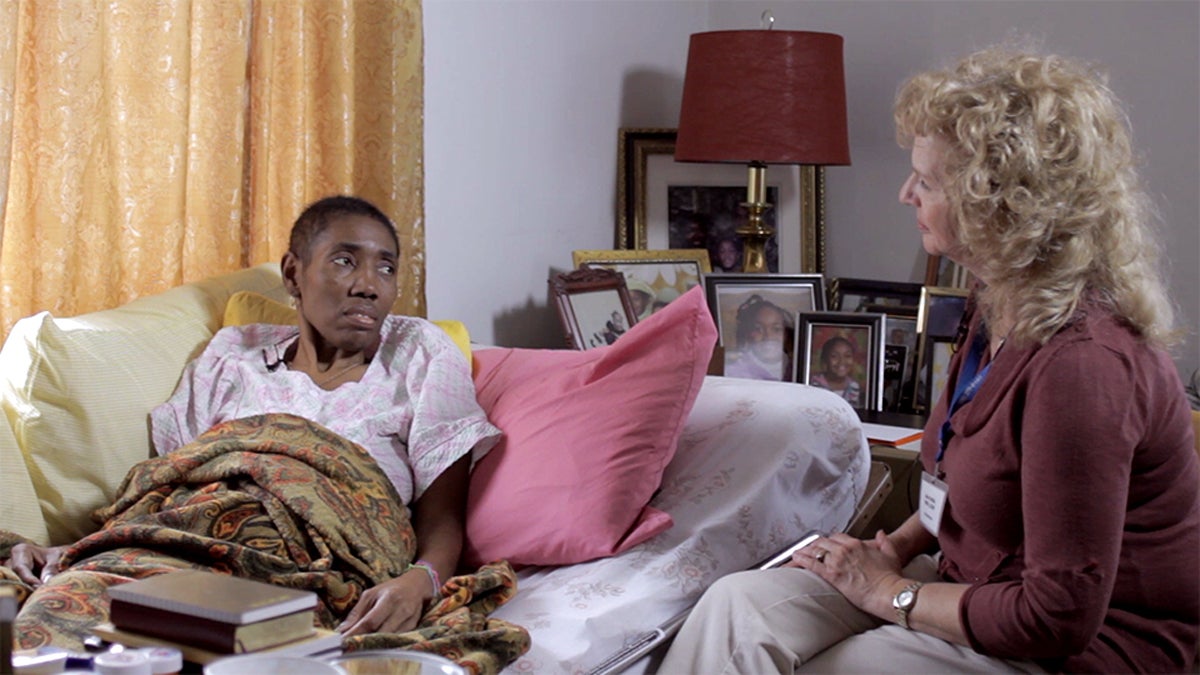Starting a conversation about hidden toll of the caring professions
Listen
(Image via 'Portraits of Professional CAREgivers: Their Passion, Their Pain')
Health care professionals, police officers, firefighters, social workers — all are in the business of helping others. In the course of their work day, they are often exposed to suffering and tragedy.
A new documentary is bringing attention to something referred to as secondary trauma, with the goal of starting a conversation.
Social worker Vic Compher documented the stress associated with caring for others in “Portraits of Professional Caregivers,” a film he is using to start a conversation on this issue. Already, he’s screened the documentary for audiences of nurses, social workers, police officers and others.
Compher spent 20 years working in child protective services — and his experiences trying to help battered children had a profound emotional effect on him.
“I call it the hidden human side of professional caregiving that is not often talked about,” he explained during a recent screening of the film for an audience of mental health care providers.
People working in the caring professions need to break their silence on this issue, he said, and organizations have to educate their employees to look out for each other.
“So, looking at one’s colleague, one begins to realize — something is not right today. Can I reach out? Can I offer some help?” he said. “Informal peer support is very, very valuable.”
Social work agencies, police departments or hospitals should provide support structures for their employees to talk about their experiences, and relieve some of the stress they feel, he said.
Long-term, secondary trauma can lead to burnout, substance abuse or depression.
The film’s co-producer, Rodney Whittenberg, said that after a recent screening, a young man thanked him for allowing him to understand his mom better.
“He told me that, as a son, he never knew why his mom came home in the moods she was in,” he recalled.
The young man then told Whittenberg he was going home to hug his mom.
WHYY is your source for fact-based, in-depth journalism and information. As a nonprofit organization, we rely on financial support from readers like you. Please give today.


